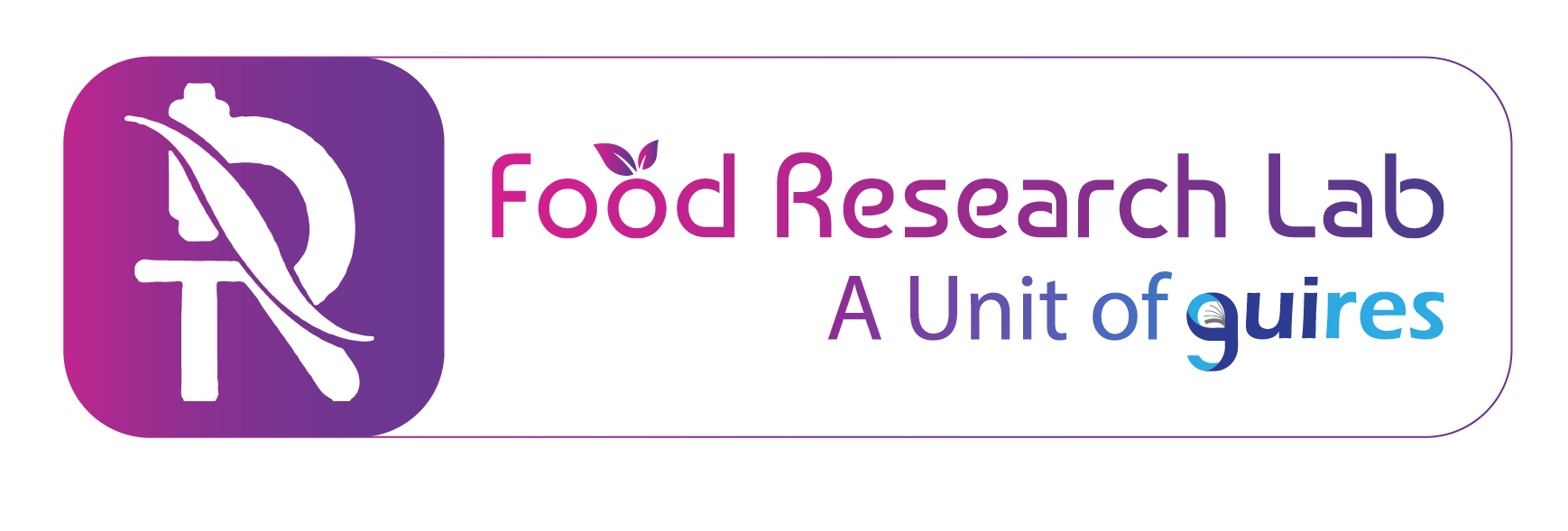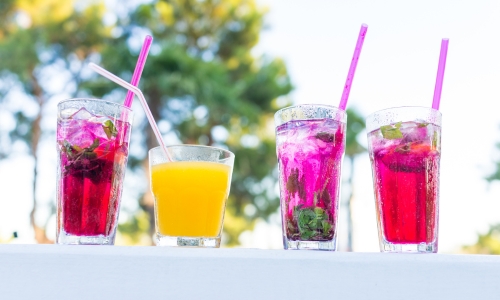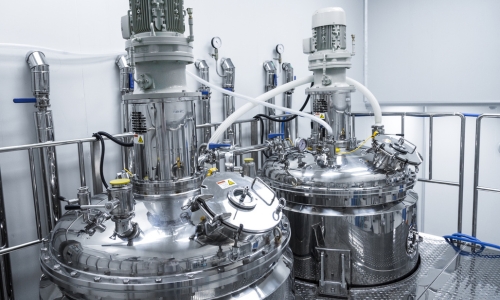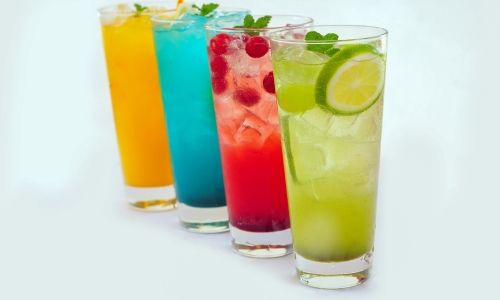Nanotechnology in Beverage Industry
INTRODUCTION
- The Royal Society and the Royal Academy of Engineering (The Royal Society & The Royal Academy of Engineering, 2004) define nanotechnology as “The design, characterisation, production and application of structures, devices and systems by controlling shape and size at nanometer scale”
- Nanotechnology has gained attention in the field of food and beverage formulation. Nanotechnology has also been used for developing functional food products. There has been research on the applications of nanotechnology in the food and beverage industry by adding tiny particles such as nanoparticles and nanomaterials.
- A nanomaterial is a substance that has one external dimension below 100 nm. Unlike nanomaterials, nanoparticles should have all three external dimensions on the Nanoscale.
- Examples of nanoparticles sold commercially in food and beverage products include iron in nutritional drinks and micelles loaded with minerals and phytochemicals [1].
Advantages
- Nano-based beverages have higher stability. Nano-based products can be used to protect bioactive compounds and prevent their degeneration. For example, the nanoemulsion of fish oil in beverages prevents the oxidation of omega-3 fatty acids.
- Enhances bioavailability of the ingredients
- Improves sensory characteristics such as appearance
- Nanomaterials are also included in food and beverage packaging, which can retain the freshness of a product and prolong its shelf life.
- Nanomaterials incorporated in packaging are more environment-friendly since they reduce the use of plastic.
Applications of Nanotechnology in beverage processing:
- Bioactive and nutraceutical cannot be used in pure form as these compounds are highly sensitive to light, heat, and environmental stress. Nanoencapsulation can be used to deliver these compounds.
- Nanoencapsulation protects antioxidants, micronutrients and nutraceuticals from the unfavourable environment of the stomach and releases the core ingredient at the gastrointestinal (GI) wall in a timely and targeted manner.
- The beverage industry can incorporate encapsulation to mask odours, regulate interactions between bioactive compounds and food matrix, increase the bioavailability of those compounds, control and target the release of bioactive, and protect them from moisture, heat and degradation during processing, storage and utilisation
- Formulation of fortified beverages.
- Active packaging- nanomaterials can preserve the sensory properties of the product and retain its freshness [2].








